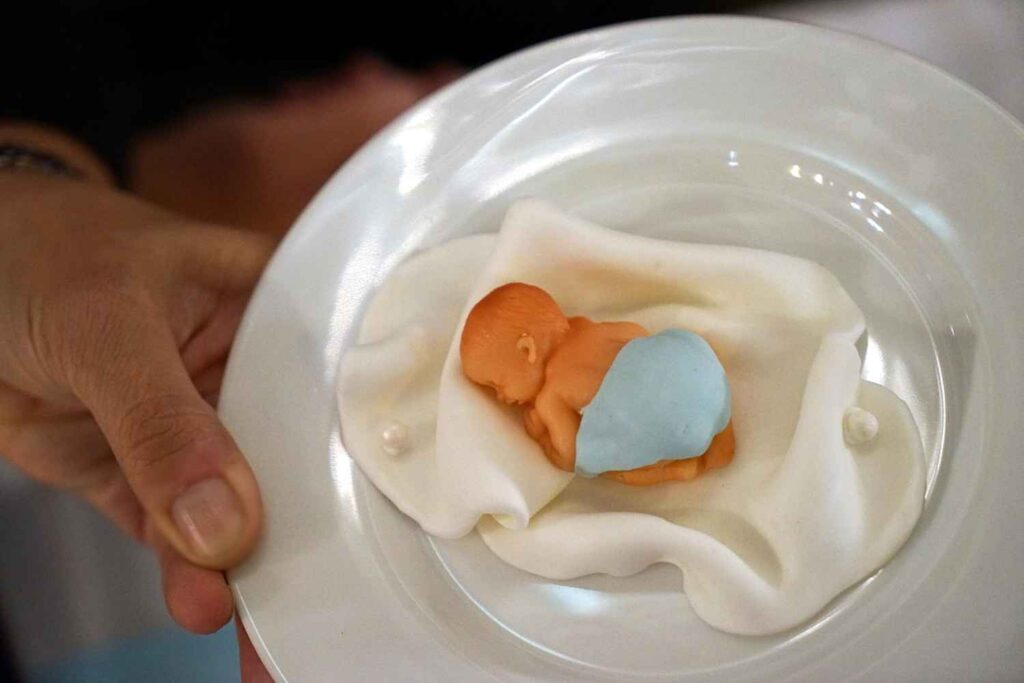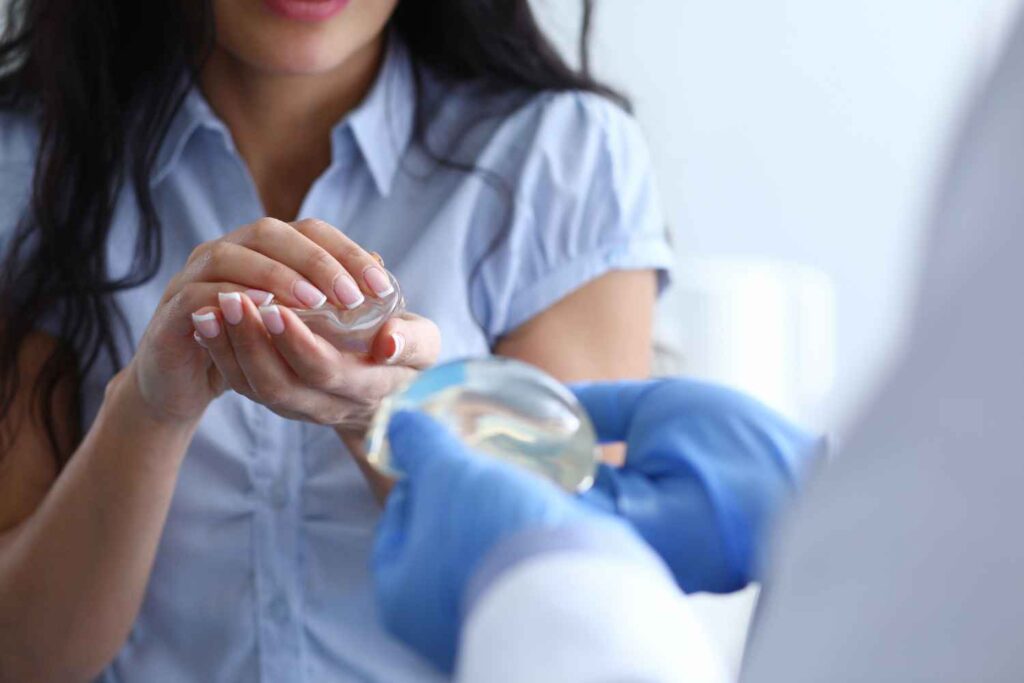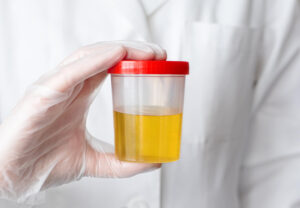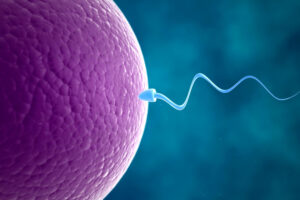The IVF Egg Retrieval Process is one of the most critical steps in in vitro fertilization (IVF) treatment. It is the stage at which mature eggs are collected from a woman’s ovaries so they can be fertilized with sperm in a laboratory. For many couples and individuals facing infertility, this step is the bridge between hope and the possibility of pregnancy.
In this article, we’ll explain the egg retrieval in the IVF process in simple terms, covering preparation tips, IVF procedure steps, recovery, and success factors. Whether you’re about to undergo this procedure or just exploring IVF, this guide will help you understand what to expect.
What is the IVF Egg Retrieval Process?
The IVF egg retrieval process—also known as IVF egg collection—is a minor surgical procedure that collects eggs from the ovaries. These eggs are then fertilized with sperm in a laboratory to create embryos. The best-quality embryos are later transferred to the uterus to achieve pregnancy.
Key points about egg retrieval in IVF:
- It typically occurs 34–36 hours after the final “trigger” injection, which prepares the eggs for release.
- The procedure is done under mild anaesthesia or sedation to ensure comfort.
- Multiple eggs are collected in a single session to increase the chances of successful fertilization.

Why is Egg Retrieval Important in IVF?
The number and quality of eggs retrieved directly impact the success rate of IVF. By retrieving multiple eggs, doctors can:
- Select the best-quality eggs for fertilization.
- Freeze extra embryos for future use.
- Increase the chances of achieving pregnancy in fewer cycles.
Egg Retrieval Preparation: How to Get Ready
Preparing for the egg retrieval in IVF is crucial for both comfort and success. Here’s what you should do before the procedure:
1. Follow Your Fertility Medication Schedule
- You’ll take ovarian stimulation medications for 8–14 days before retrieval to help multiple eggs mature.
- Your fertility specialist will monitor your progress through ultrasound scans and blood tests.
2. Timing the Trigger Shot
- The trigger shot (usually hCG or Lupron) is given about 36 hours before retrieval.
- This step is crucial—it signals your body to mature eggs and prepares them for collection.
3. Pre-Procedure Guidelines
- Avoid eating or drinking for at least 8 hours before the procedure.
- Please wear comfortable, loose-fitting clothing to your clinic visit.
- Arrange for someone to drive you home after the procedure.
Tip: Staying hydrated and eating a healthy, balanced diet during stimulation can support better egg development.
IVF Procedure Steps: From Preparation to Recovery
Let’s walk through the IVF egg retrieval process step-by-step.
Step 1: Ovarian Stimulation
- You’ll receive daily hormone injections to stimulate the ovaries.
- This helps produce more eggs than your body typically would in a natural cycle.
Step 2: Monitoring Progress
- Regular ultrasounds track egg growth.
- Blood tests measure hormone levels to ensure the eggs are maturing at the right pace.
Step 3: Trigger Injection
- Given that the eggs are nearly mature.
- Must be timed carefully—too early or too late can affect egg quality.
Step 4: Egg Retrieval Procedure
- Performed in a clinic under light sedation or anaesthesia.
- The doctor uses a thin needle, guided by transvaginal ultrasound, to collect eggs from the ovaries.
- The process usually takes 15–30 minutes.
Step 5: Recovery
- You’ll rest in the recovery room for about 30–60 minutes.
- Mild bloating, cramping, or spotting is normal for a few days.
- You can usually resume light activities the next day.
Possible Risks and Side Effects
While the IVF egg retrieval process is generally safe, some women may experience:
- Mild pelvic pain or bloating
- Spotting or light bleeding
- Ovarian hyperstimulation syndrome (OHSS) in rare cases
- Infection or bleeding (sporadic)
Note: Your fertility doctor will provide you with instructions on managing discomfort and recognizing warning signs of spotting.

After Egg Retrieval: What Happens Next?
Once the eggs are retrieved:
- Egg Evaluation: The embryologist checks each egg’s maturity and quality.
- Fertilization: Eggs are combined with sperm in the lab—either through conventional IVF or ICSI (Intracytoplasmic Sperm Injection).
- Embryo Culture: Fertilized eggs are grown for 3–5 days.
- Embryo Transfer: The best-quality embryo(s) are placed in the uterus.
Extra good-quality embryos may be frozen for future use.
Tips for a Smooth Egg Retrieval Experience
- Stay organized: Keep track of medication schedules.
- Follow all pre-procedure instructions to avoid delays.
- Rest well before and after the retrieval.
- Avoid strenuous activities for a few days after the procedure.
- Stay positive—stress can impact hormonal balance.
FAQs About the IVF Egg Retrieval Process
Q1: Is egg retrieval painful?
You won’t feel pain during the procedure because of anaesthesia, but mild cramping afterwards is common.
Q2: How many eggs are usually retrieved?
It varies, but typically 8–15 eggs are collected in one cycle.
Q3: How long does recovery take?
Most women return to normal activities within 1 to 2 days.
Q4: Can I work the day after retrieval?
Yes, but avoid heavy lifting or intense exercise.
Conclusion
The IVF egg retrieval process is a crucial step in the journey toward parenthood. By understanding egg retrieval in IVF, following your doctor’s advice and preparing well, you can make the experience smoother and increase your chances of success.
If you’re considering IVF, remember that each patient’s journey is unique—stay informed, positive, and supported throughout the process.
The Boon IVF in Hyderabad is a trusted fertility centre dedicated to helping couples and individuals achieve their dream of parenthood. With advanced technologies, a state-of-the-art lab, and a team of experienced fertility specialists, we provide personalized treatments including IVF, ICSI, IUI and fertility preservation. From the initial consultation through the IVF egg retrieval process and embryo transfer, we guide you with compassion, transparency and expert care, ensuring your journey to parenthood is as smooth and successful as possible


